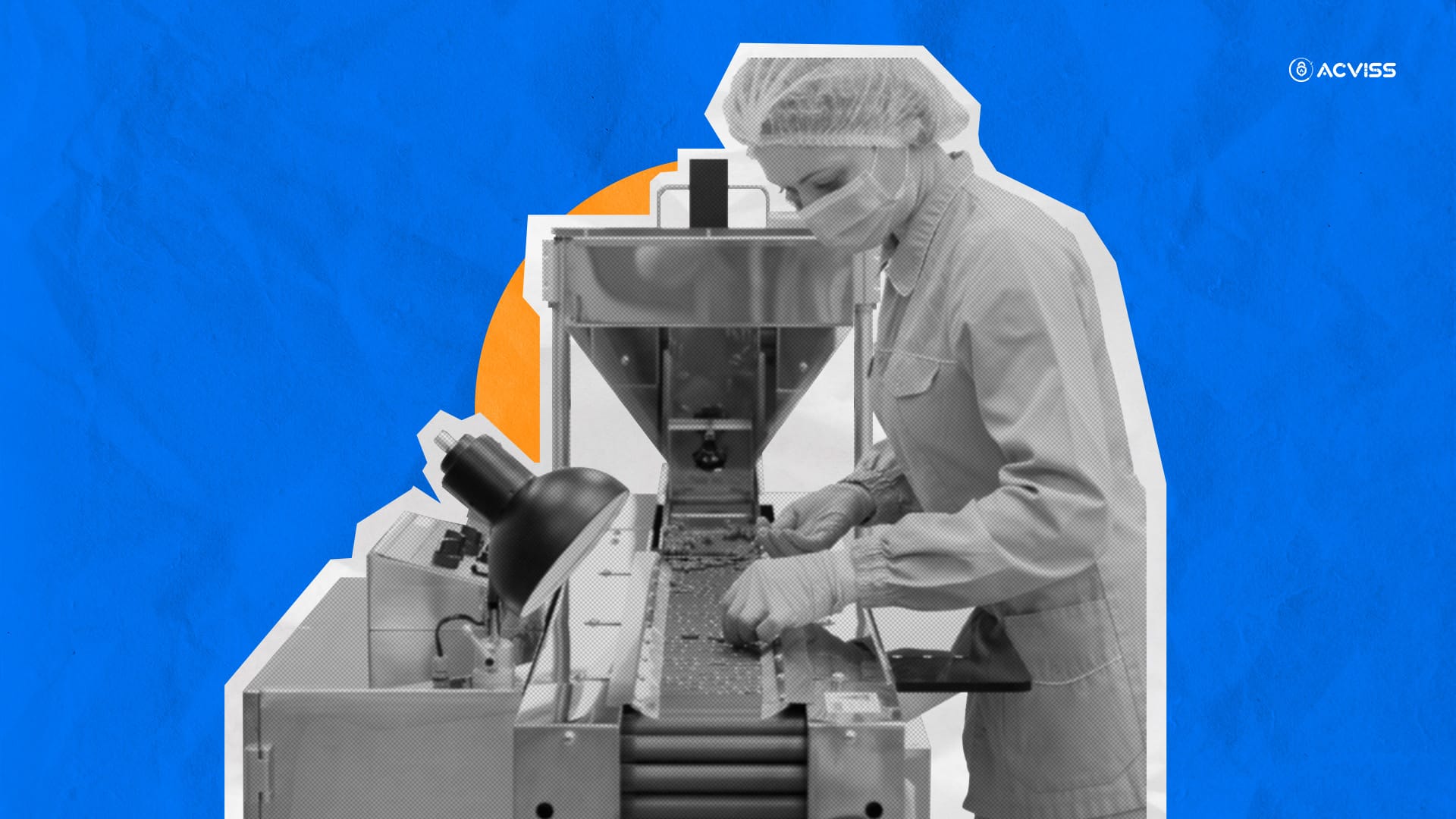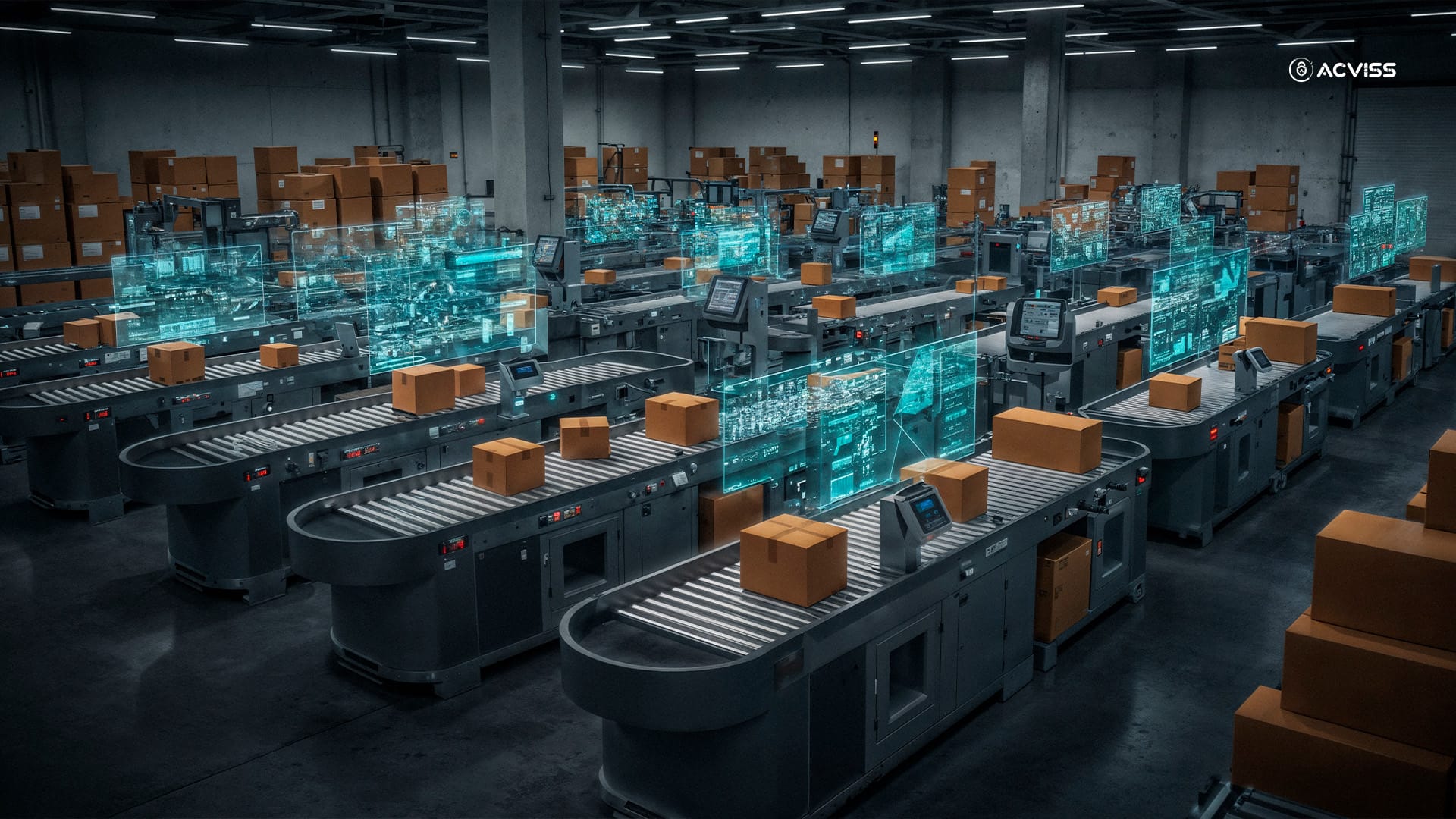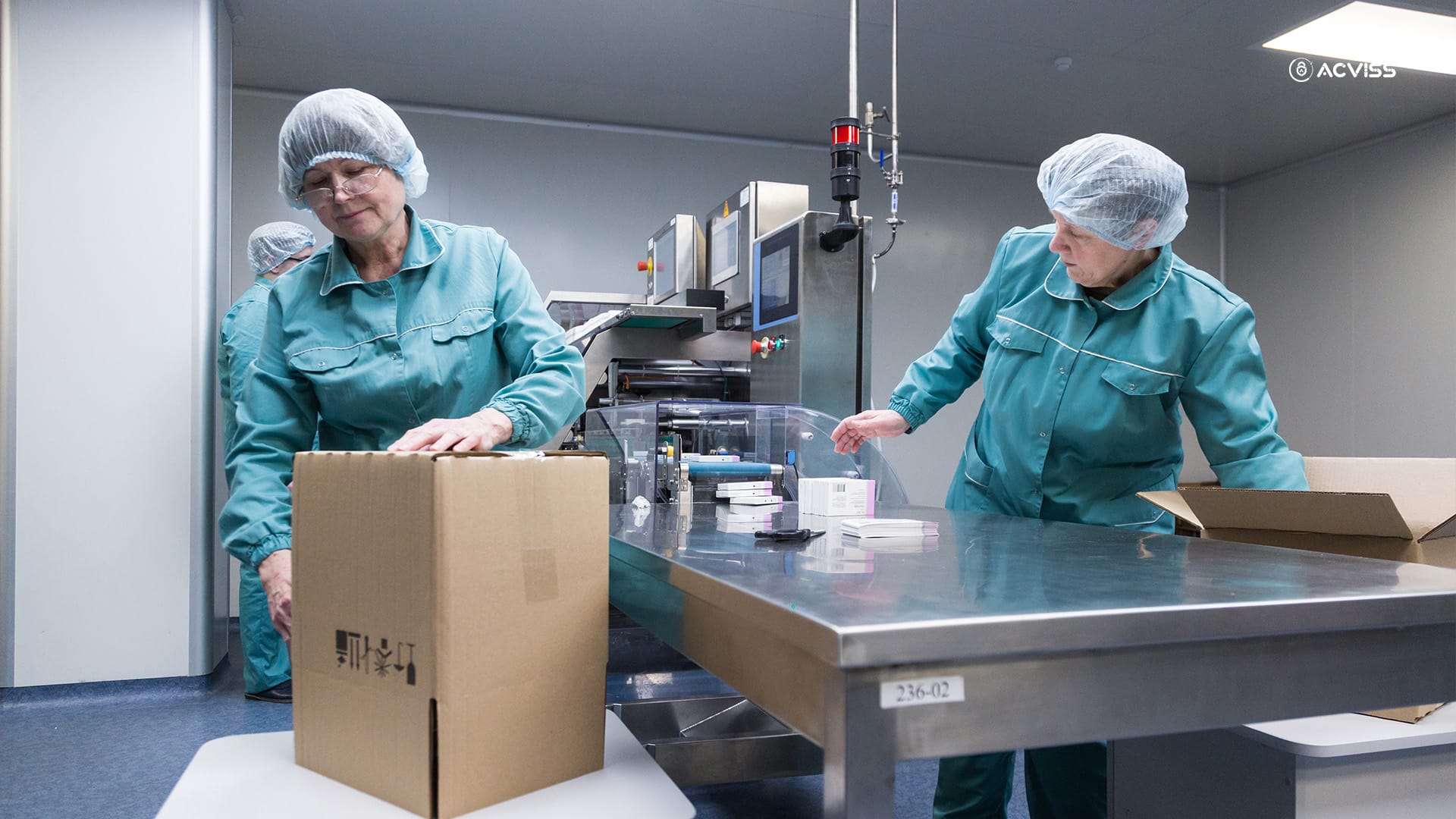Understanding Batch Production: Key Benefits, Types, and Real-World Examples

In a world driven by customisation, cost-efficiency, and speed, batch production remains a manufacturing method that strikes a powerful balance between mass production and bespoke manufacturing. Whether you're in FMCG, pharmaceuticals, fashion, or consumer electronics, batch production is likely playing a behind-the-scenes role in how your favourite products come to life.
But what exactly is batch production? Why is it a preferred model across so many industries? And how can technologies like track and trace, product authentication, and supply chain transparency tools, like those from Acviss, enhance their effectiveness?
Let’s break it down.
What is Batch Production?
Batch production is a manufacturing method where products are created in groups or "batches" instead of in a continuous stream. All items in a batch go through one stage of the production process before moving on to the next.
Unlike continuous production, which is ideal for high-volume, low-variation products, or job production, which is designed for fully customised, one-off items, batch production sits comfortably in between, offering flexibility, efficiency, and control.
Imagine a bakery that bakes 200 chocolate chip cookies, then switches to 200 oatmeal raisin cookies. That’s batch production in its simplest form.
Why Batch Production Still Matters
In an age of automation and personalisation, batch production has not lost its relevance. In fact, it's more critical than ever. Here's why:
1. Flexibility with Volume
Batch production allows manufacturers to respond quickly to changing market demands. For instance, a skincare brand can produce 10,000 units of a bestselling moisturiser and then switch to a new variant for a limited-edition campaign.
2. Cost Efficiency

Producing in batches reduces costs associated with switching setups too frequently. Equipment changeovers are minimised, and material waste is lower compared to job production.
3. Improved Quality Control
By producing in contained batches, manufacturers can easily isolate and address quality issues before they scale across a massive production run. It also simplifies warranty tracking, recall management, and customer assurance, particularly when batch codes are paired with digital authentication and product traceability technologies like Acviss Certify and Origin.
4. Scalability
Batch production offers a way to test new products at smaller volumes before scaling up. This is especially beneficial in industries where customer feedback and seasonal trends influence long-term product development.
Types of Batch Production
Depending on the industry and product complexity, batch production can take many forms. Here are the most common types:
1. Manual Batch Production
This is labour-intensive and typically used for artisanal or craft-based production processes. It’s more common in food, fashion, and speciality consumer goods.
2. Automated Batch Production

Here, machines handle most of the production process, with minimal human intervention. This method is dominant in electronics, automotive, and pharmaceutical manufacturing.
3. Semi-Automated Batch Production
A hybrid model where human oversight complements automated systems, ensuring both control and efficiency. Many cosmetics and FMCG manufacturers use this approach.
4. Flexible Batch Production
Used when multiple products share production lines. Often paired with smart manufacturing platforms and digital labels, this type allows for real-time monitoring, SKU-level control, and faster production changeovers.
Batch Production in Action: Real-World Examples
Let’s explore how batch production works across different industries and how solutions like Acviss enhance trust, traceability, and transparency in these ecosystems.
1. Pharmaceuticals
In pharma, batch production is non-negotiable. A single batch of medication must be traceable, from raw material sourcing to the finished package.
With rising regulations like DSCSA (Drug Supply Chain Security Act) and EU Falsified Medicines Directive, companies must now implement end-to-end track and trace systems. Tools like Acviss’s Origin enable batch-level traceability using blockchain, offering real-time insight into a drug's journey while verifying authenticity at every node.
2. Fashion and Apparel
Fashion brands often release collections in batches, Spring/Summer, Autumn/Winter, and so on. Batch production allows these brands to experiment with colours, fabrics, and fits without overcommitting to a single design.
Moreover, batch codes embedded in non-cloneable digital labels (like Acviss Certify) can help customers verify the authenticity of luxury items, protecting both brand equity and consumer trust.
3. Food and Beverage
Batch production is foundational in food processing. Whether you're making soft drinks or cereal, consistency is key. But in the unfortunate event of contamination or spoilage, the ability to trace and recall affected batches swiftly becomes critical.
This is where solutions like Acviss Assist come into play. By validating warranty and recall claims, manufacturers can act decisively while minimising reputational damage.
4. Electronics
A smartphone company might produce devices in batches, each with unique firmware, components, or markets in mind. Counterfeiting in this sector is rampant, making batch-level authentication vital.
Using Acviss's Bonus platform, brands can also engage customers post-purchase by offering batch-specific loyalty rewards, helping improve both customer experience and brand engagement.
Challenges in Batch Production (And How to Solve Them)

While powerful, batch production is not without its challenges:
Downtime during batch changeovers
Inventory management complexity
Traceability issues when using outdated systems
Difficulty in identifying counterfeit infiltration
However, these can be mitigated with:
Smart scheduling and automation tools
Integrated ERP systems
Blockchain-enabled track and trace tools like Acviss Origin
Real-time authentication solutions at the batch level
How Acviss Adds Value to Batch Production
Acviss offers a suite of tools that integrate seamlessly with batch production environments:
Certify: Add a secure digital certificate to each batch to ensure product genuineness.
Origin: Real-time traceability using blockchain, ensuring regulatory compliance and transparency.
Bonus: Engage customers with batch-specific loyalty programs and gather valuable analytics.
Assist: Verify warranty claims and recall information at the batch level.
Together, these solutions not only protect your brand but also elevate the consumer experience by building trust through transparency.
Final Thoughts: The Future of Batch Production
As industries evolve, so does the way products are manufactured. Batch production, when empowered by technology, is becoming smarter, more transparent, and more secure.
For brands, it’s not just about producing efficiently; it’s about producing responsibly and authentically.
Whether you're a startup launching your first product or an established manufacturer seeking scalable systems, understanding and optimising your batch production processes is key.
Get in touch with us and explore how Acviss can help you protect your products across the entire supply chain.
